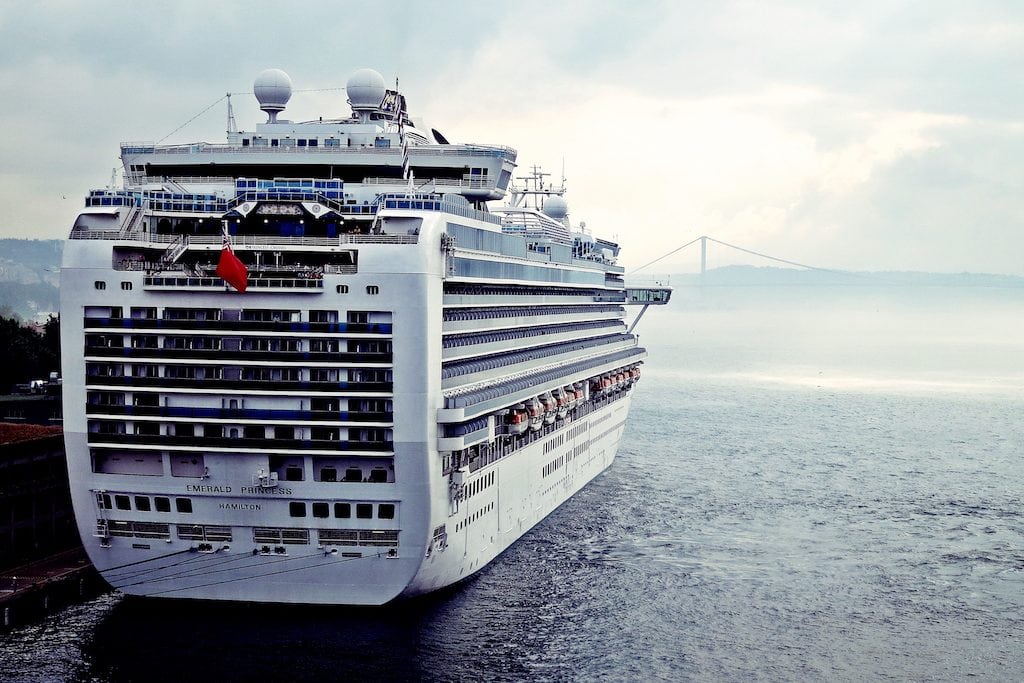Cruise Industry's Latest Sustainability Report Doesn't Contain Data on Sustainability

Skift Take
In the midst of global climate change, cruising's biggest players have worked to project the image of an industry concerned with its effect on the environment.
Cruise Lines International Association (CLIA), the cruise industry's global trade and lobbying group, released its 2016 environmental sustainability report in August, detailing the industry's efforts to innovate new technology that will allow it to be in compliance with new global pollution regulations.
These efforts include liquid natural gas-powered vessels, carbon dioxide scrubbers, more stringent wastewater disposal methods, and more energy efficiency onboard systems like LED lighting and solar panels.
They also sent out a video reiterating the sustainability report's assertion that the cruise industry is investing heavily in new, more sustainable technology.
CLIA's report, however, is more notable for what it doesn't contain: any information, statistics, or data concerning how much pollution the global cruise industry produces.
Despite listing a litany of technologies and policies that could contribute to a more sustainable cruise industry, the report doesn't offer any information of cruising's impact on the environment. There is some information on the global environmental standards, regarding sulfur emissions and carbon reduction, that cruising will have to meet over the next decade, but nothing about where the industry stands today.
Skift reached out to CLIA to ask if the organization had any benchmarks or statistics on the global cruise industry's sustainability. CLIA is comprised of 62 global cruise lines.
A CLIA spokesperson responded that CLIA in fact does not have any data to share on cruise line emissions, energy use reductions, or recycling. The organization did pass along links to information from the World Travel & Tourism Council, the United Nations, and the three major North American cruise companies.
Carnival Corporation recently opened up about its long-term vision for operating ships the emit less pollution and provide more opportunities for recycling waste. Royal Caribbean Cruises, as well, releases detailed annual sustainability benchmarks. A look at how the two biggest global cruise lines stack up shows that minute strides are being made towards producing less pollution.
Smaller cruise lines around the world don't release sustainability information, and even major international player Norwegian Cruise Line Holdings hasn't released a sustainability report in years.
You can check out the sustainability report from CLIA below:
[gview file="https://skift.com/wp-content/uploads/2016/09/clia_2016_envsust_8-5x11_8-8.pdf"]
Skift’s in-depth reporting on climate issues is made possible through the financial support of Intrepid Travel. This backing allows Skift to bring you high-quality journalism on one of the most important topics facing our planet today. Intrepid is not involved in any decisions made by Skift’s editorial team.




